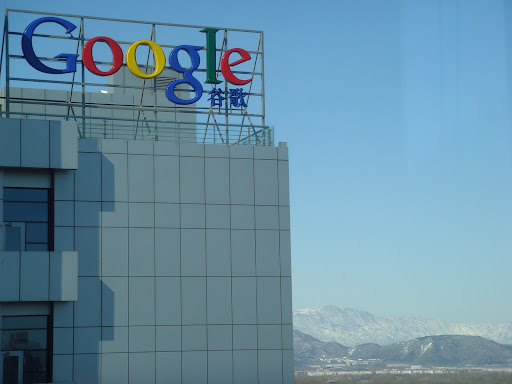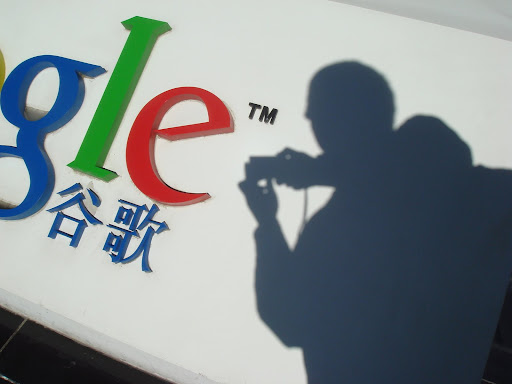Google’s announcement risking to quit China is controversial in nature. Not only in China, but also in the States, even in the high-tech camp, Microsoft, and Yahoo! hold different opinions.In fact, it is people’s reaction to this news that shocks many people, in both camp. Let me add my observation by starting from the easiest question:
“Is Google’s announcement about its China operation a business decision, or not?”
The critics about Google’s action that occupied the dominating position in Chinese (government approved) media is, it is all about money, and Google is mixing business with politics… In short, Bad! Ugly!
The argument is about Google’s motivation to do it. As a basic rule, when we argue, we should not focus on the motivation, since it can never be proved. It leads the discussion to nowhere. I neither suspect their motivation to be “its high moral standard” nor “evil anti-China blah/blah/blah”.
(If you ask me to guess, as a Google fans, I think it is the first part, but… Ops! Can we change a topic because the debate about motivation is not productive).
If it were a pure business decision
If it were purely a business decision, what is the right thing for Google to do? Jun made a public statement that “It is the most stupid thing Google did in history, by giving up half of the world” (source). With all the due respect, I don’t agree.
Let me share the The Ford Pinto Case (via Michael Sandel’s presentation)
Ford Pinto Case
Ford, as a company, learned that a defective design in its Pinto’s fuel system can cause death in accidents. But the cost to replace all the 10+ million car parts is significantly higher than just let the accident happen, and pay the victim the money ($137 million versus the $49.5 million price tag put on the death, injury, and car damage). If we don’t value people’s life, the decision is pretty simple and straight forward. 137 is bigger than 49.5, isn’t it?
The result is obvious. When the cost/benefit analysis of Ford exposes to the public sight, Ford was under huge pressure, and was forced to change the design, and also, that case deeply impacted the history of safety regulation in the auto industry since then.
With this case, we can easily understand why a small risk in toys sold in IKEA that caused no injure or death needs to be corrected, at the cost of millions of such toys be recalled and changed. Now it is the legal requires and moral common sense that safety should be placed before any business interest.
Trust as an Assert
Continuing to discuss on the Ford’s case. The mistake they made… (well, who are we to judge that they made a mistake many years ago? Well. That is the one big step forward on the moral standard, or civilization by millions of people’s efforts, and, sorry, many people’s life).
The mistake they made… is to assign zero dollar value for people’s life in the cost/benefit analysis. The other mistake is, they didn’t assign the value of the brand image as a safe car into the equation.
Google’s Case as a Business Decision
Let’s get back to the Google’s case and do a similar cost/benefit analysis. On the benefit side, there are 600 million USD annual revenue, and potentially, 10x of it in 5 years. On the cost side, is the safety of its data (“Take it easy. No one get killed”. No! Reminder Yahoo!’s case about the two journalists who are still in jail?), and the universal principle of free information and speech.
Different people assign different value on the cost factor in the equation. Some put $0, and others put billions… The decision reflects the decision maker’s valuation of what many people valued very low. Can this action be converted into asserts of the company? Sure!
Hmmm… I mean “yes”, in places where people value freedom of speech, human rights, privacy, and integrate, not in other places.
Conclusion
Even if it were a pure business decision, I see value that makes perfect business sense. I am trying to take the chance to talk more about this in the series later, about the Chinese modern moral standards and the long history of ambiguity of the standard.









